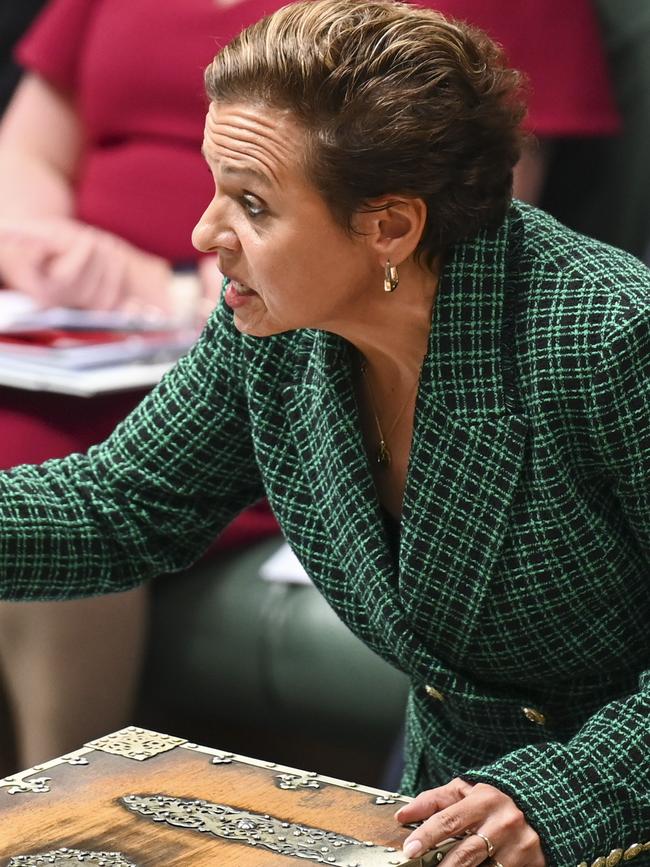There can be no debate on the proposed misinformation bill when one side remains silent

As an example, over the past two months there has been a consistent series of opinion pieces in the media, including some by myself, criticising the federal government’s draft Combating Misinformation and Disinformation Bill. All these comments have pointed out the legislation, if enacted, would effectively enable a federal agency, the Australian Communications and Media Authority, to control the content of political opinions on social media by labelling some as misinformation or disinformation; that is, false, misleading or deceptive and capable of causing serious harm to a significant portion of the Australian community, economy, environment or democratic process.
But unless I have missed something, I don’t recall seeing any publications defending the proposed legislation by suggesting it would advance some important social purpose and benefit the general community in various ways. I would not assume, however, for a moment that this means the legislation will not ultimately become law. This is because such a lack of response is typical of how the question of freedom of speech in Australia is dealt with by the forces of political correctness and the opponents of free speech. Actually these two groups are pretty much synonymous because freedom of speech is anathema to the politically correct class who tolerate no opposition to their views.
One reason why these groups feel no need to respond to those arguing for freedom of speech is that they feel secure in their control of most public and many private institutions in this country, including universities, cultural organisations, most of the media, a number of legal professional bodies and the boards of many large-scale corporations. They believe that ultimately their views will prevail because advocates for freedom of speech do not occupy the commanding heights of power and influence in our society.
The same phenomenon has been reflected over the years in relation to section 18C of the federal Racial Discrimination Act. There have been any number of attacks on this provision, which makes it unlawful to publish material that, among other things, insults or offends various groups in the community. This is, of course, aimed at the expression of political opinions. It is not suggested public debate should normally be conducted in terms that are offensive or insulting but sometimes it needs to be robust and some people are very easily offended. Yet, despite all the attacks on section 18C, it is again hard to recall a single instance where these attacks have produced a response arguing for the social utility of this legislation.

Even in 2012, when a report commissioned by the Gillard government recommended the establishment of a statutory body to supervise the news media, there were no real defences mounted to the protests it provoked. This was a report by former Federal Court judge Ray Finkelstein KC, who noted the suggestion that “citizens must have the capacity to engage in debate, in the form of the relevant critical reasoning and speaking skills” but considered there is “real doubt as to whether these capacities are present in all, or even most, citizens”. In other words, most people are incapable of forming their own opinions and need government supervision to help them in this task.
The draft bill is 60 pages long and is obviously the product of a great deal of work, but no one will say a word in its defence. It must have its supporters but they are not prepared to break cover, seemingly confident they can remain silent and still see this dangerous draft legislation become law.
Michael Sexton’s latest book is Dissenting Opinions






Everyone remembers Sherlock Holmes solved a mystery by noticing the dog that didn’t bark. But when the question of freedom of speech is raised in Australia there is a powerful dog that almost never barks. As a result, there isn’t really a debate about freedom of speech in this country. There can only be a debate if there are two sides in contest and in this case one side generally remains silent.